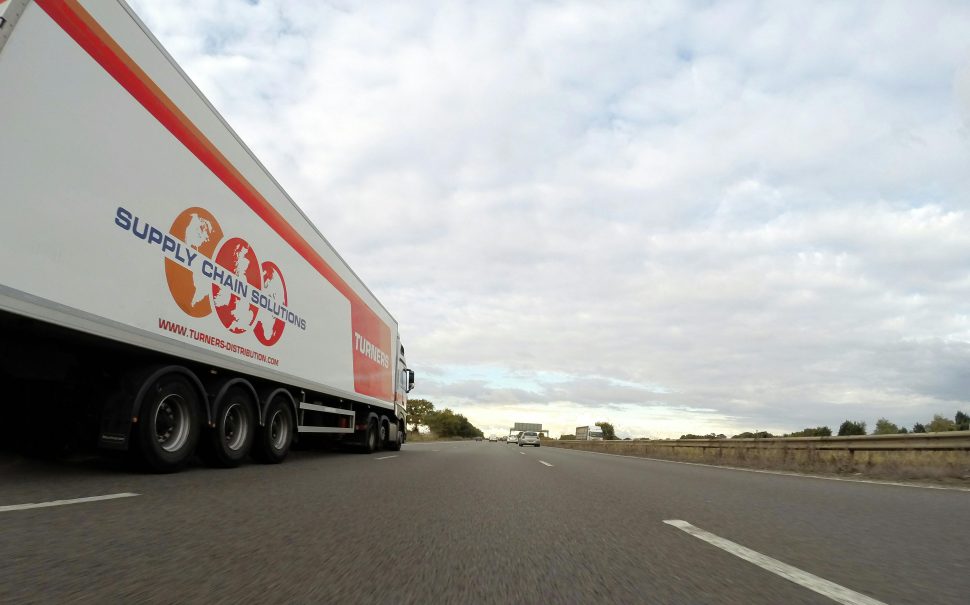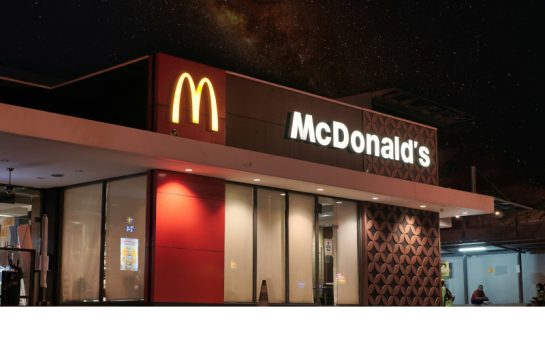Growth is a goal for every business, but with growth comes increased complexity, especially in logistics.
London’s dynamic business environment presents unique challenges and opportunities in the food industry sector.
As companies expand within the capital, efficient logistics become crucial to meet increasing demands and maintain customer satisfaction.
Scalable logistics solutions offer the flexibility to adapt to business growth, ensuring smooth operations at every stage.
In this article, we’ll discuss about how scalable logistics solutions can help businesses overcome challenges and seize opportunities in London’s dynamic environment, while keeping costs under control.
Adapting to increased demand
With London’s dense population and high consumer expectations, businesses must scale their logistics to handle rising order volumes.
Implementing scalable solutions allows companies to manage demand fluctuations without operational disruptions.
Scalable logistics empower companies to adapt seamlessly to growing demand, ensuring smooth daily operations.
Why Scalability Matters
Traditional fixed logistics infrastructures often struggle to handle sudden demand spikes, leading to missed deadlines, shipment delays, and unhappy customers.
Scalable logistics, however, offer the flexibility businesses need to thrive:
- Expand warehouse space during peak seasons.
- Boost transportation capacity without heavy investments.
- Upgrade order management systems to handle rising volumes efficiently.
Cost efficiency and resource optimisation
Operating in London can be costly.
Therefore, scalable logistics solutions that offer flexibility are vital.
Scaling logistics doesn’t have to mean higher costs.
A key benefit of scalable solutions is their cost-effectiveness.
Businesses can adopt a pay-as-you-grow model, paying only for what they need, when they need it.
How to optimise costs
- On-demand warehousing: Rent extra storage space during busy periods instead of purchasing a larger warehouse.
- Dynamic pricing: Work with shipping carriers that offer rates based on real-time factors like volume, demand, and routes.
The role of automation
Automation is a game-changer for scalable logistics.
Tools for order processing, inventory management, and shipping reduce manual labour, enabling businesses to manage higher volumes efficiently.
By combining automation with flexible resources, companies can:
- Lower labour costs
- Streamline operations
- Maximise profitability
Technology and automation as growth enablers
Technology lies at the core of scalable logistics solutions.
Modern tools and systems leverage cloud platforms, AI, and IoT to improve efficiency, visibility, and control over the supply chain.
Embracing advanced technologies is essential for London businesses aiming to scale efficiently.
The key technologies used are:
- Warehouse management systems (WMS): Scale operations to handle increased inventory and order volumes while generating real-time stock data.
- Transportation management systems (TMS): Use AI-driven route optimisation to reduce delivery times and costs.
- Predictive analytics: Forecast future demand based on past sales trends. This allows businesses to avoid stockouts, reduce storage costs, and plan logistics capacity more effectively.
Enhanced customer experience and satisfaction
Customer expectations are higher than ever.
They want fast shipping, accurate tracking, and on-time deliveries.
Using scalable logistics solutions can help businesses meet these demands, even during peak periods.
Customer demands can be met by implementing the following:
- Smooth order fulfilment: Fulfil orders efficiently during spikes in demand.
- Real-time tracking: Keep customers informed with shipment updates and delivery alerts.
- Automated notifications: Reduce customer inquiries with proactive communication.
Use scalable solutions and start growing your business
In conclusion, scalable logistics solutions are crucial for the growth and smooth operation of London’s food industry.
As demand grows and customer expectations change, businesses need to adapt their logistics strategies.
By using advanced technology, smart data, and eco-friendly practices, logistics providers can help companies improve their supply chains, cut costs, and speed up deliveries.
These solutions ensure food products get to consumers quickly and safely.
As the food industry in London continues to expand, the ability to adjust logistics operations will be key to staying competitive and meeting future needs.
Picture credit: Free to use from Pexels





